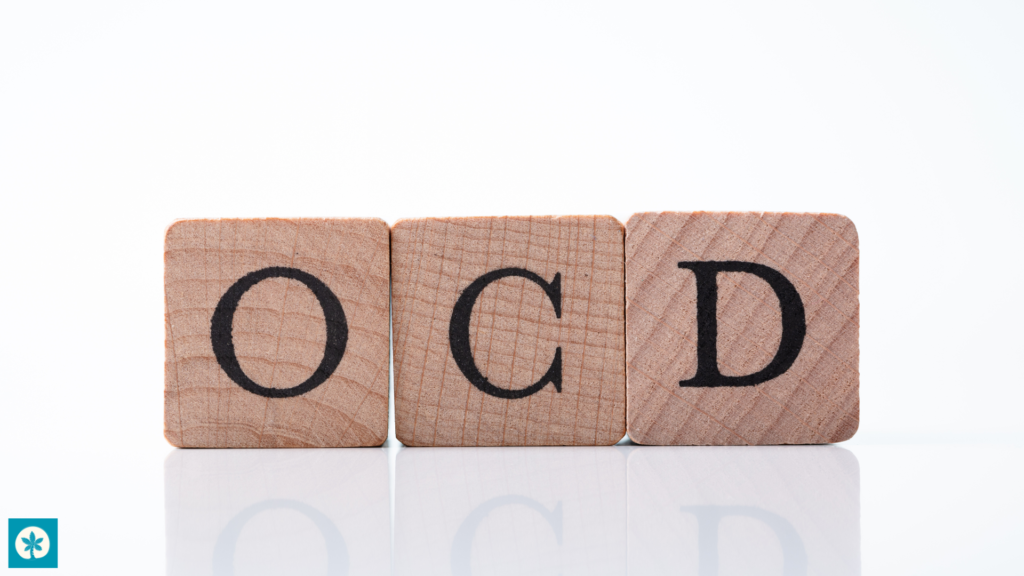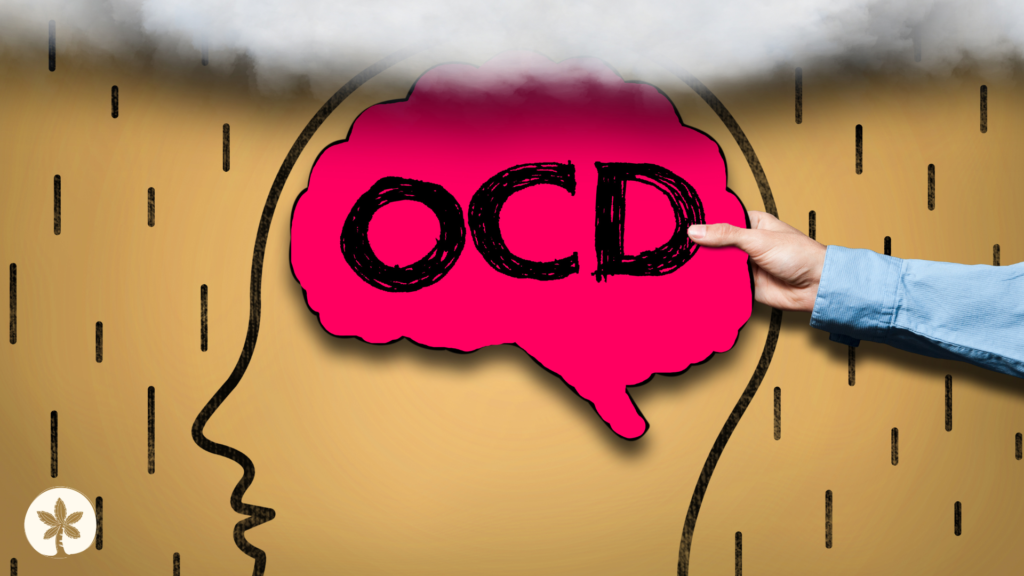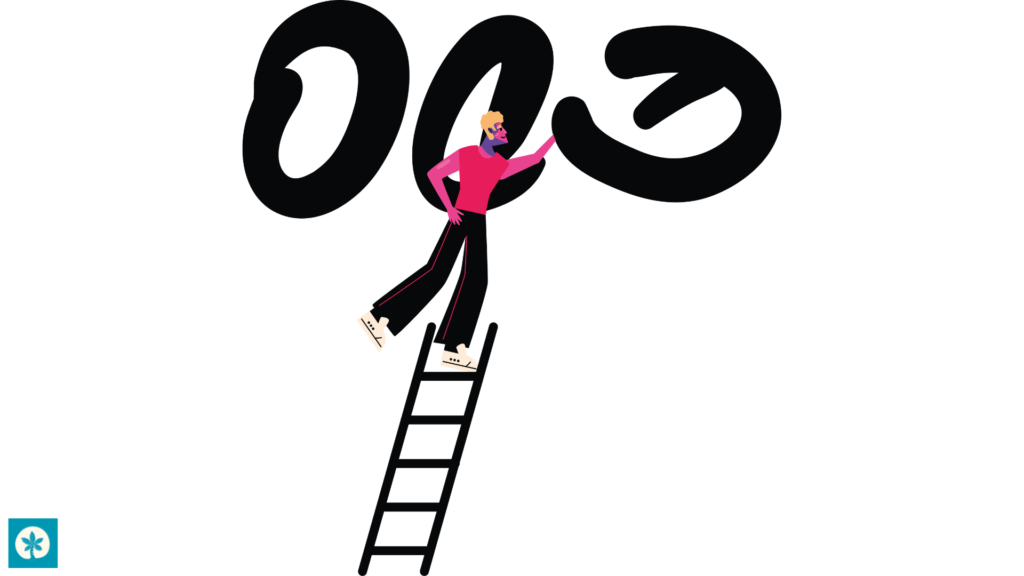OCD therapy in McAllen is more important than ever in a world where so much of our daily life plays out on screens. From the moment you wake up to when you fall asleep, you’re likely navigating work emails, streaming shows, and endlessly scrolling on social media. For Millennials and Gen Z in particular, digital spaces feel like a second home.
But as our world shifts deeper into the digital realm, so do the ways mental health challenges like OCD show up in our lives. With Google at our fingertips and social media shaping how we process information, obsessive-compulsive disorder often hides in plain sight—making it harder to recognize, and even harder to manage without support.
How OCD Presents Differently Today
Obsessive-Compulsive Disorder (OCD) is no longer just about excessive handwashing or repetitive checking. In our digitally dominated world, it’s common to see symptoms manifest in subtler ways—ones that you might not even realize are linked to OCD. Here’s how OCD can show up in your life without you noticing:
1. Information Seeking: The Google Spiral
Does searching for health symptoms, relationship advice, or self-help tips online ever lead you down a rabbit hole that’s hard to climb out of? For many, constant googling can seem like a harmless habit. But for those struggling with OCD, this behavior often stems from a deeper need to eliminate uncertainty.
The cycle typically starts with a trigger: a random ache or a fleeting thought about a romantic relationship. You might then find yourself turning to Google for reassurance, hoping that the search results will alleviate your anxiety. But instead of feeling better, you become caught in an endless cycle of needing more information. The sense of relief never quite lasts, prompting yet another search. This “Google Spiral” is a modern form of compulsive behavior that fuels obsessive thinking, perpetuating a loop of doubt and distress.
2. Social Media Checking and Rechecking
If you’ve ever found yourself combing through old text messages or scrolling through an ex’s Instagram profile “just to see,” you’re not alone. The urge to recheck interactions—whether it’s rereading texts or rewatching stories—often comes from an underlying fear of missing something crucial or misunderstanding a situation. This need to repeatedly check can escalate to a compulsion, especially when fueled by the ‘fear of missing out’ or the need to make sure everything is still “okay.”
3. Reassurance-Seeking Through Online Chats
Another way OCD shows up is through seeking constant reassurance from friends or loved ones—often in the form of texts or DMs. You might ask the same question in different ways or repeatedly seek confirmation that something you did was not offensive or upsetting. These messages might be masked as a need for connection or clarity, but at their core, they are a way to neutralize obsessive doubts and worries. Unfortunately, these temporary reassurances often leave you feeling even more uncertain in the long run.
4. “Mental Checking” While Consuming Content
Ever re-watch a TikTok, re-read a post, or replay a podcast just to make sure you “got” it? This isn’t just about comprehension; it can be a form of mental checking. For those with OCD, the anxiety that comes from potentially misunderstanding or misremembering information can lead to repetitive checking and re-checking of content. It can be exhausting and never quite satisfies the initial worry.
The Distress Beneath the Screen

These behaviors might seem small or inconsequential, but the distress they cause is anything but. You might find yourself losing hours to scrolling, searching, or seeking reassurance—all while the anxiety remains. This cycle can leave you feeling stuck, frustrated, and overwhelmed, impacting your productivity, self-esteem, and relationships.
Unlike some other mental health challenges, OCD tends to latch onto whatever you value most. This can be your health, relationships, identity, or even your sense of integrity. As a result, the distress you feel isn’t just anxiety—it’s an attack on your values and your sense of self. It can make you question your own reality, leading to an emotional and mental fatigue that feels inescapable.
How Saname Counseling Can Help
At Saname Counseling, we understand that OCD in the digital age looks different than it did a few decades ago. Our team of dedicated therapists knows how challenging it can be to recognize these behaviors as OCD and not just “bad habits” or “quirks.” We offer specialized therapy for individuals struggling with OCD using a trauma-informed approach, providing a compassionate and safe space to explore these distressing symptoms.
Our clinicians are trained in evidence-based modalities like Exposure and Response Prevention (ERP) and Cognitive Behavioral Therapy (CBT), which are considered gold standards for treating OCD. ERP, in particular, involves facing the fears and discomfort that fuel compulsive behaviors in a controlled, supportive environment—without resorting to the compulsions that temporarily soothe the anxiety.
We also recognize that navigating OCD in the context of social media and the internet brings its own set of challenges. That’s why we tailor our treatment plans to your specific experiences, whether you find yourself stuck in a Google Spiral, seeking online reassurance, or engaging in mental checking.
We work with you to build resilience, understand the roots of your OCD, and develop healthy coping mechanisms that allow you to live a life that feels more aligned and authentic. Our mission is to help you find sustainable healing, not just temporary relief.
Ready to Break the Cycle?

If any of these symptoms resonate with you or if you’re curious to explore whether what you’re experiencing might be OCD, reach out to us at Saname Counseling. We’re here to help you navigate these complex, confusing thoughts and behaviors with the expertise and compassion needed for lasting change.
Let’s work together to quiet the noise of uncertainty and help you reclaim your time, energy, and well-being. Contact Saname Counseling today to get started on your journey to healing.


